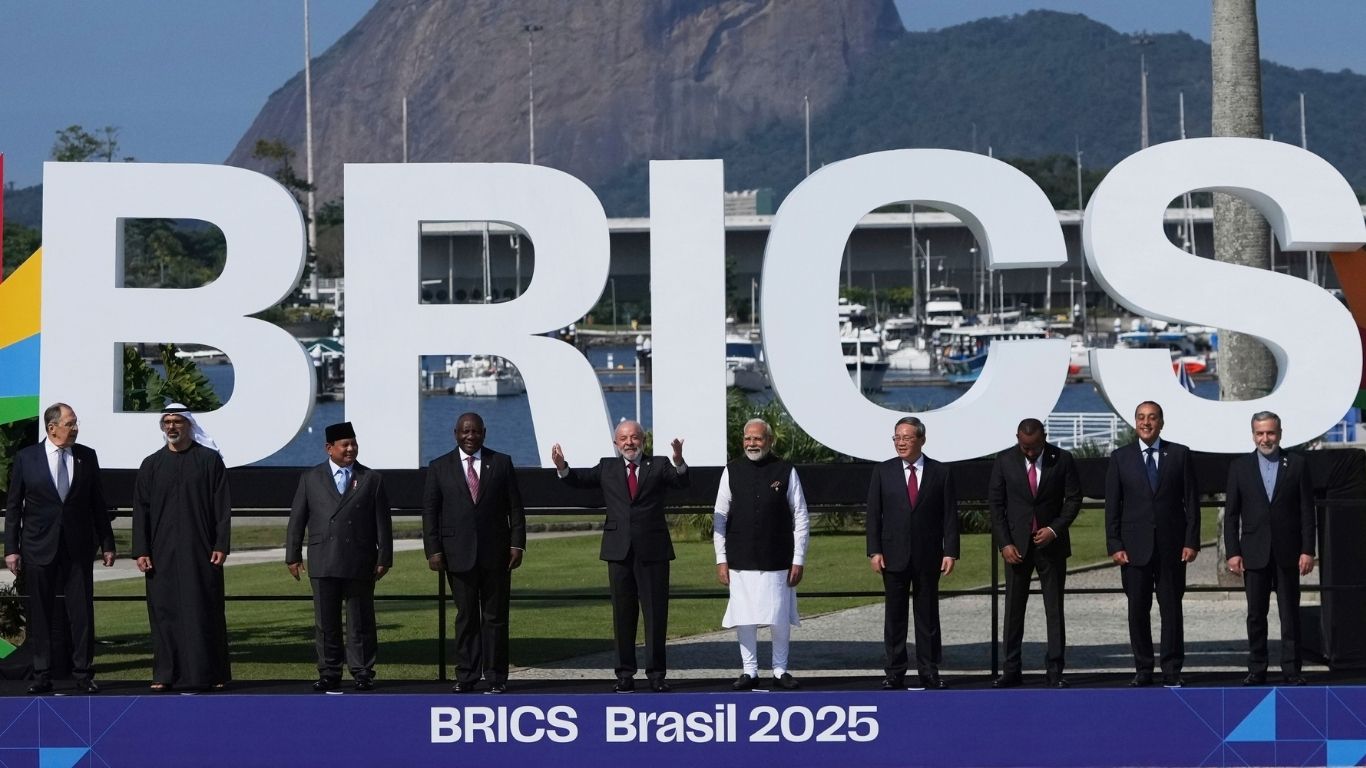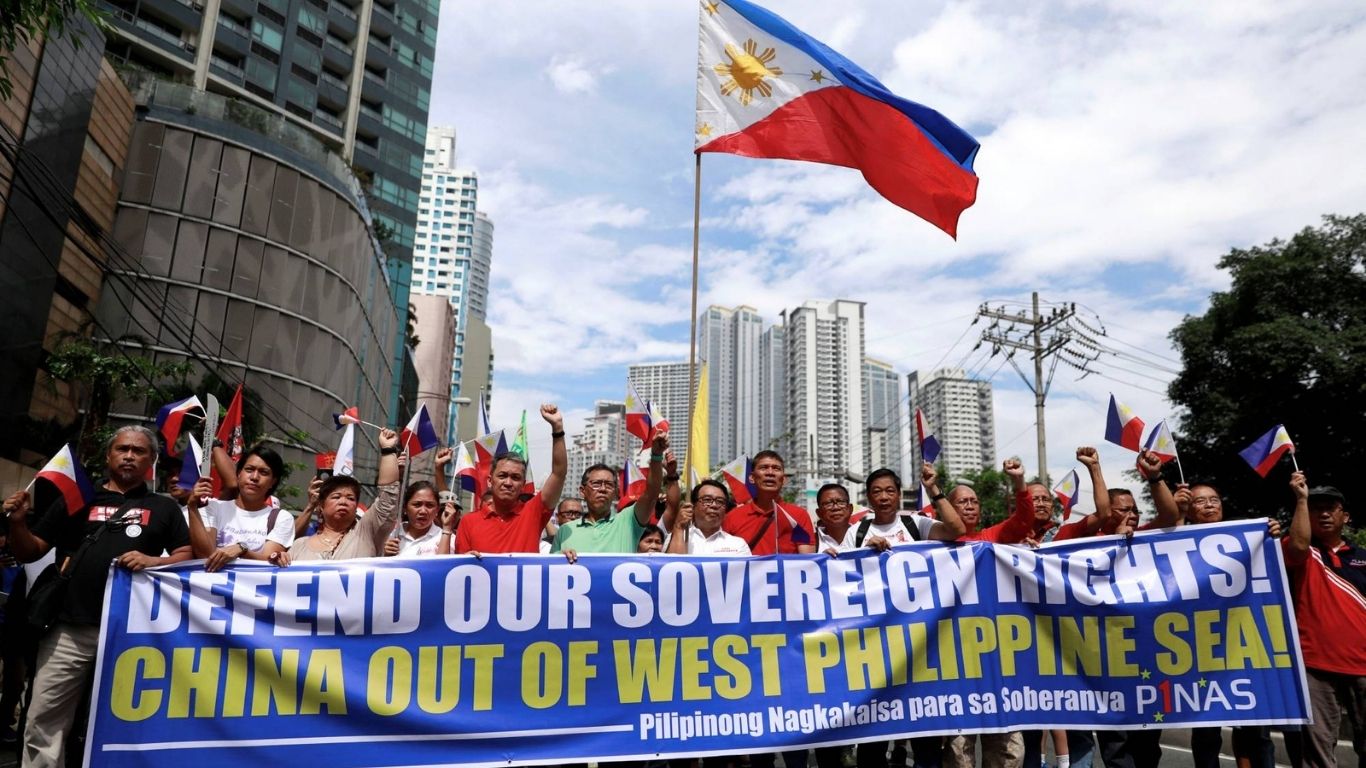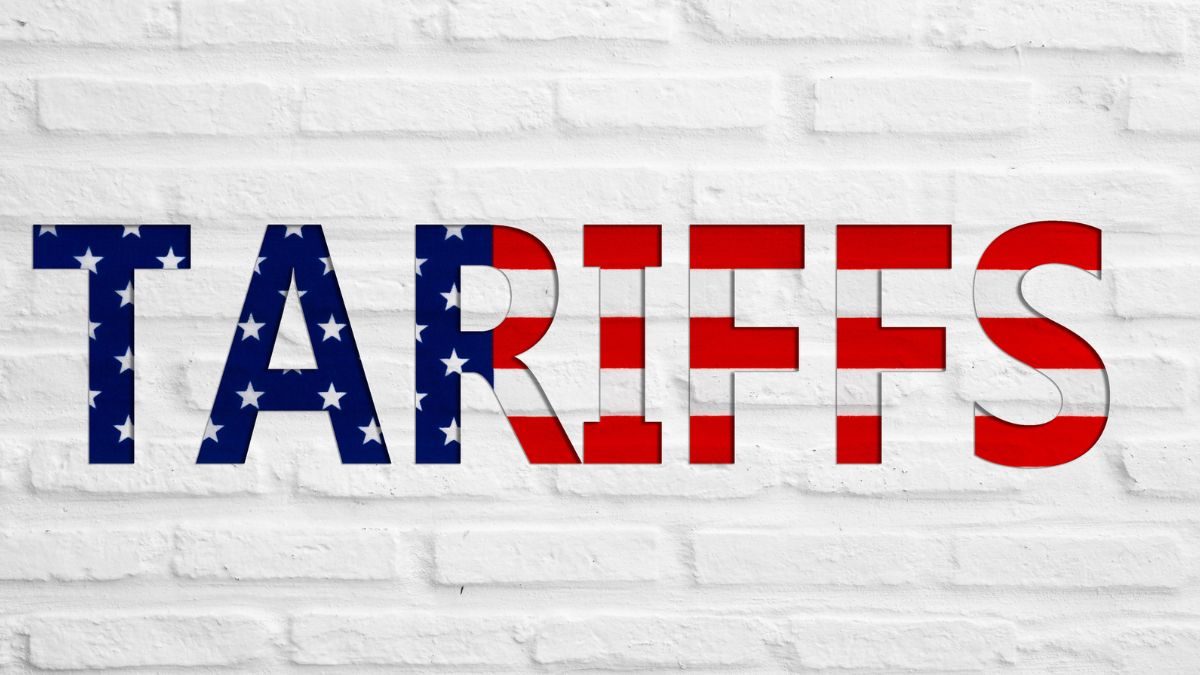Attacks on diplomatic missions are not a new phenomenon. Even this year, the world has observed two such major instances. Ecuadoreans’ invasion of the Mexican mission in Quito, for the latter has provided political asylum to one of Ecuador’s notorious politicians, Glas (charged with corruption), and the other one was an airstrike of Israel in the Iranian embassy in Damascus, Syria.
Attacks in the Bangladeshi mission in Agartala on December 2nd, 2024, just make an addition to the list. In the case of the first instance, i.e., the tension between Mexico and Ecuador, Mexico cut its ties with Ecuador immediately. The tension actually started to arise when the head of the Mission of Mexico officially made it clear to the Ecuadorian government that Mexico is going to provide political asylum to Mr. Glas Espinel. To which, Ecuador replied that this sort of asylum is unlawful and is not on par with the Caracas Convention on political asylum.
The Fragile State of Diplomatic Relations
On April 5, just after political asylum was given to Glas, a force of Ecuador invaded the embassy, citing that there was an immediate risk of Glas’s fleeing through a flight that poses a risk that Ecuador will never make an arrest of Glas. On July 6, Mexico cuts its diplomatic ties with Ecuador.
Some other countries like Nicaragua and Venezuela showed their solidarity with Mexico and followed the same suit as Mexico did. Mexico lodged a formal complaint with the ICJ (International Court of Justice) requesting provisional measures in accordance with international law, diplomatic law, i.e., the Vienna Convention on Diplomatic Relations, and political asylum law. On May 23, 2024, the ICJ made a ruling on it saying,The court cannot invoke Article 41 of its Statute as Ecuador already pledged the request sought by Mexico through a note verbale on April 9, 2024.
The World Court, though, didn’t intervene by invoking Article 41 of its statute. It mentioned that diplomatic law was actually violated by Ecuador, and Mexico rightfully sought a peaceful solution on that issue.
Signs of Growing Strain in Bangladesh-India Relations?
On December 2, 2024, the Assistant High Commission of Bangladesh in Agartala was attacked by a Hindu group named Hindu Sangrash Samiti (an affiliate of Bishwa Hindu Parishad). At least 50 protesters entered the premises and carried out vandalism that included tearing the national flag also. India surely failed to protect the attack, as the mission and the state police had the news that the Hindu Sangrash Samiti would come to put in a deputation. It is a clear violation of diplomatic laws and the inviolability status of diplomatic missions.
The Ministry of External Affairs (MEA) quoted the vandalism as deeply regrettable. The Foreign Ministry of Bangladesh took immediate steps to shut the visa processing activities and consular services in the Assistant High Commission. The attack in the mission didn’t come as a surprise, as the air regarding the diplomatic relations between the hosting state and mission state took a historic dip following the July uprising.
Some pro-Hindu groups also showed protest before the Mumbai and Kolkata missions of Bangladesh recently. India surely failed to realize the importance of diplomatic norms and values, not to mention diplomatic laws. It is clearly a violation of sovereignty, as diplomatic missions are not part of the hosting state. This sort of incident will set a bad precedent for mob groups to follow the same suit. There are now political challenges.
Between two states, at least after the July uprising. These incidents can be of great hamper and mere concern in the form of deeply regrettable will not be of any viable solution. We see in the case of Israel-Iran that at least 10 Islamic Revolutionary Guard Corps (IRGC) were killed by the alleged airstrike, which was utterly denied by Israel.
In the changing scenario of South Asian geopolitics (or we may say, Indo-Pacific geopolitics), a stance like Nicaragua and Venezuela (cutting ties with Ecuador) is not impossible; rather, it is very likely, which may escalate tensions among the states. A long-standing democracy like India needs to demonstrate more calculated steps to curb these issues. Bangladesh has the opportunity to go to the ICJ if India doesn’t take proper steps to solve the problem in a peaceful way. So far, they, i.e., MEA, have just released a 10-line-long brief press note.





Nice effort to uphold concurrent burning isuues of the world
Thanks for Nice writeup.. Carry on such pragmatic concurrent realistic isues.